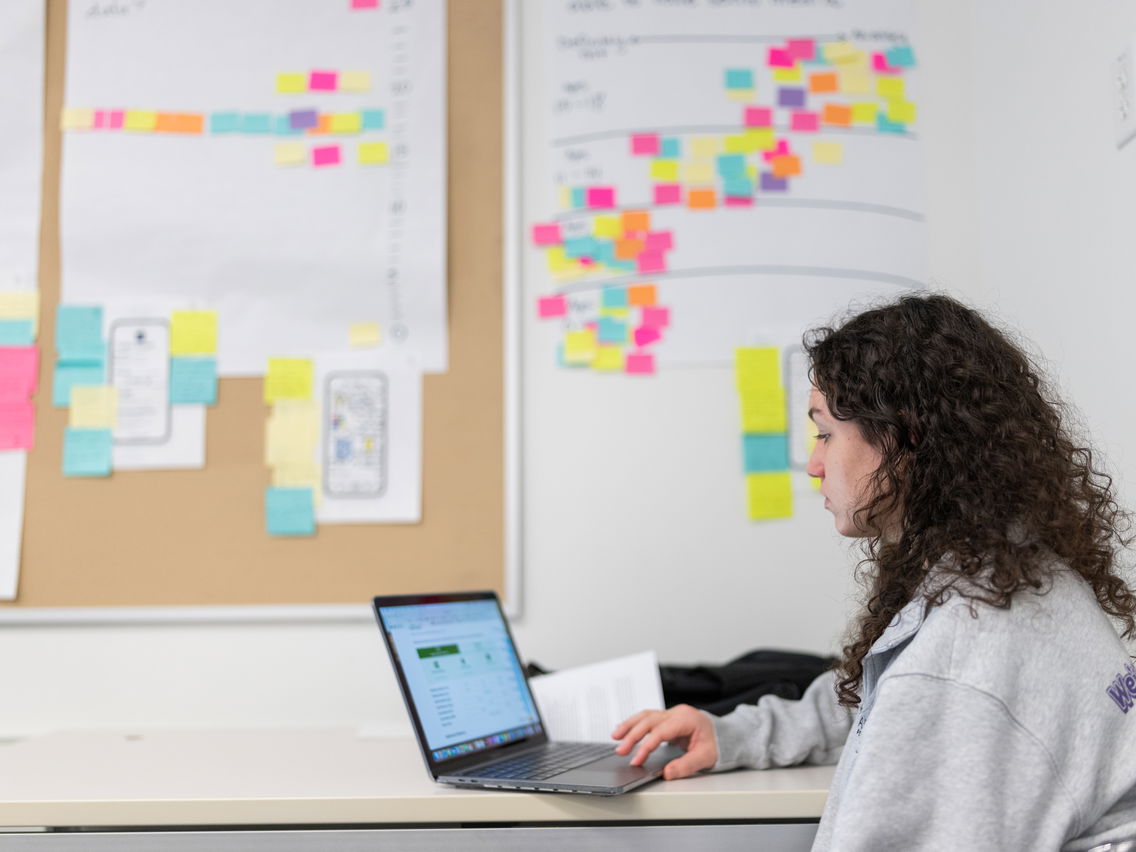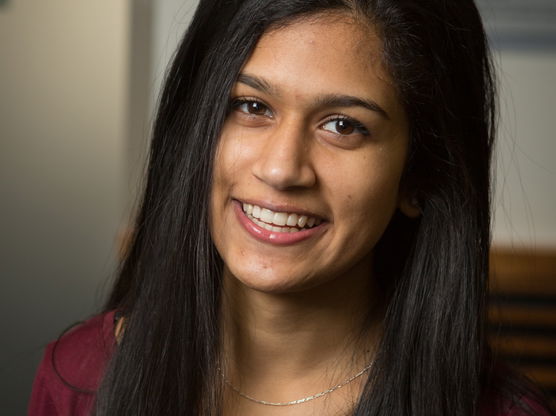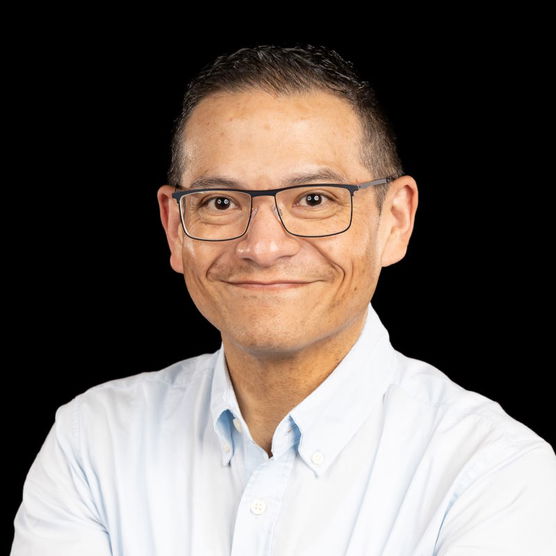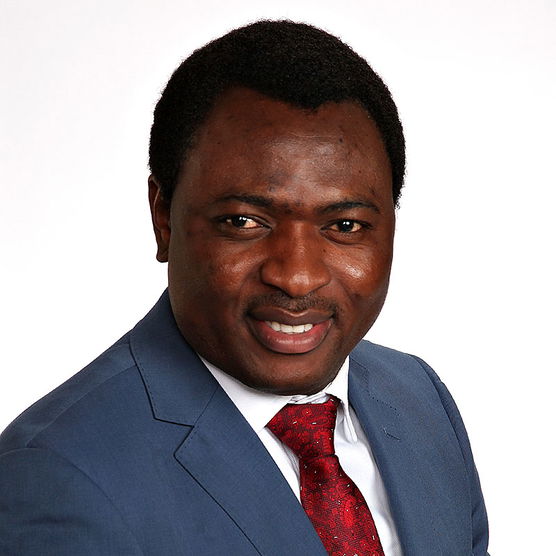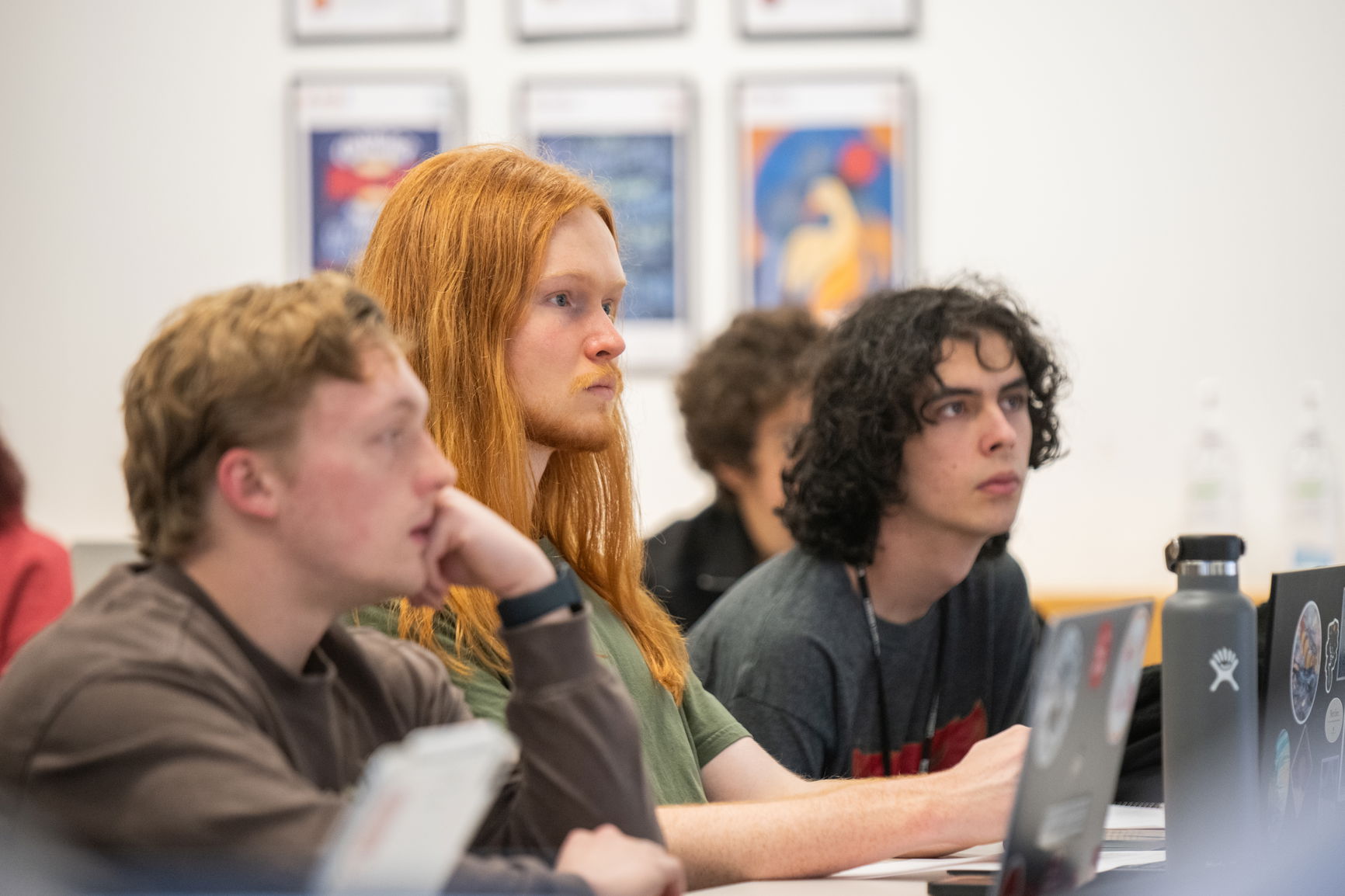José Alvarado '13
José Alvarado '13 is a software entrepreneur who is paying it forward
Just three days after applying, José Alvarado BA’13 secured a job in San Francisco by leveraging his Willamette education, leadership roles, and real-world app development experience. Now, he has a successful career in software engineering, entrepreneurship, and teaching.

